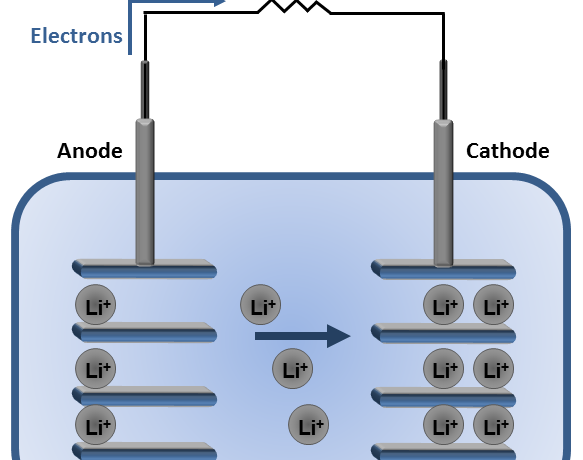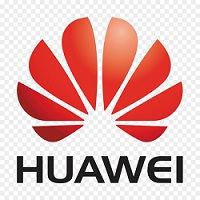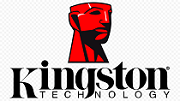The basics of lithium ion batteries
The Basics of Lithium Ion Batteries
Professional Series Lithium Ion Laptop Batteries Power your Laptop Computer Giving Your Longer Life, More Power, and the Safest Batteries.Lithium Ion (Li-ion) laptop batteries are among the most efficient and effective class of power sources for portable consumer electronics. First conceived as an alternative to traditional portable power sources in the 1970’s, Lithium Ion rechargeable batteries have become one of the most commonly manufactured and widely used in a variety of electronic devices ranging from laptop computers to cell phones, electric automobiles to small handheld devices, and more.
Prized for their superior charging, safety, and power distribution characteristics, Lithium Ion batteries like the Professional Series laptop batteries manufactured for laptop computers by Laptop Battery One consistently provide the highest in performance and safety.
- Advantages of Lithium Ion Laptop Batteries
- The Fastest Evolution in Rechargeable Batteries
- How Your Lithium Ion Laptop Battery Works
- Safety Requirements of Lithium Ion Batteries
- General Usage Guidelines for Lithium Ion Batteries
Advantages of Lithium Ion Laptop Batteries
No Memory Effect
Lithium Ion laptop batteries do not suffer from the “memory effect” that some rechargeable laptop batteries are prone to.
Lower Self-Discharge
Lithium Ion laptop batteries hold a charge longer, and have significantly slower rates of discharge when not in use
Extremely Rechargeable
Lithium Ion laptop batteries are highly rechargeable with a longer lifespan than previous rechargeable batteries.
Environmentally Safe
Lithium Ion laptop batteries are manufactured using metals that are not entirely comprised of Lithium, leaving no “free Lithium” in the cells and making the batteries safer for the environment.
The Fastest Evolution in Rechargeable Batteries
Lithium Ion technology has been one of the fastest improving technologies in power sources. Since the initial conception and discovery of the basics, researchers have continually made rapid advancements in this technology culminating in the state of the art rechargeable laptop batteries that are commonplace today.
1970’s – The concept of the Lithium Ion battery was revolutionary in the early 70’s, and by the end of the decade it had been successfully demonstrated that the technology was feasible as a highly portable, efficient, and effective as a power source if it could be refined.
1980 – Lithium Ion battery technology made a leap forward when Rachid Yazami demonstrated that graphite could be used as a material for anodes in Lithium Ion batteries and would solve the issue of degradation that made previous versions inefficient. The graphite anode concept discovered in 1980 us still the most widely used anode type in commercially available Lithium Ion batteries.
1981–1985 – Rapid advancements in Lithium Ion cell technology and new choices in Lithium metals made the birth of the commercially available Lithium Ion battery a reality.
1991 – Sony and Asahi Kasei release the first commercially available Lithium Ion Battery.
While the overall concept remains the same, Lithium Ion batteries have continued to evolve since 1991, bringing consumers ever-increasingly more efficient, safe, and effective Lithium Ion batteries such as the Professional Series laptop batteries made specifically for your laptop computer.
How Your Lithium Ion Laptop Battery Works
The basic principles of operation for your Lithium Ion laptop battery are relatively simple. Utilizing a cathode, an anode, and electrolytes, your battery cell transfers lithium from one part of the battery to another.
- Both the anode and cathode are manufactured from materials that allow Lithium to migrate either into or out of (depending on whether the battery is charging or discharging) your laptop battery.
- Because Lithium is highly reactive to water, only non-aqueous electrolytes are used in Lithium Ion batteries. These electrolytes then act as a carrier for the Lithium inside the cells as it is carried to and from the cathode and anode.
While the actual mechanics of the charge/discharge process are slightly more complicated than explained here, the basic concept is that the Lithium particles travel to and from the ends of the cell and are able to power your laptop computer without significant immediate degradation and without using chemical components that are dangerous or environmentally unsafe.
Safety Requirements of Lithium Ion Batteries
Lithium Ion laptop batteries such as the Professional Series batteries manufactured by Laptop Battery One include many safety features that were not present in earlier versions of rechargeable batteries.
Thermal Interrupt – To prevent overheating and combustion Shut Down Sensors – To maintain safe temperature parameters Protection Circuitry – To ensure consistent monitoring of battery life/operation Venting – Allowing for internal relief from over-pressurization
Lithium Ion battery technology allows for greater safeguards against mechanical and chemical failure in laptop batteries in addition to providing one of the most highly rechargeable and safest battery designs available.
General Usage Guidelines for Lithium Ion Batteries
- General Usage Guidelines to get the most from Your Lithium Ion Laptop Battery:
- Regularly charge your laptop battery
- Do not overcharge your Professional Series laptop battery (Unplug from charger once fully charged)
- Avoid “deep discharge” (Avoid letting the battery discharge and remain unused for long periods of time)
- Store within appropriate temperatures as directed by manufacturer
References: http://en.wikipedia.org/wiki/Lithium-ion_battery



















































